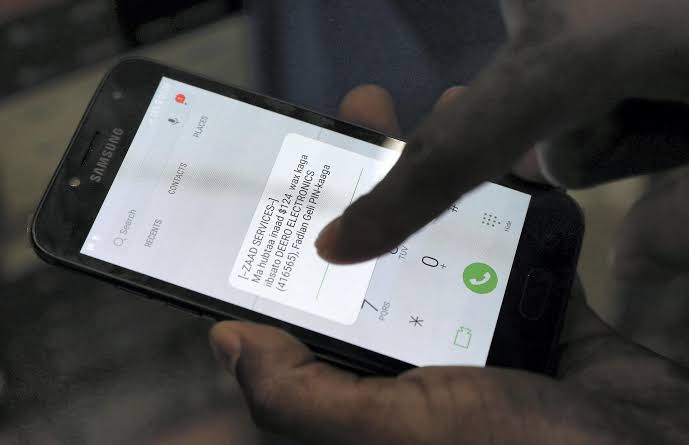Facebook Twitter Instagram Somali Magazine - People's Magazine
The government of Somaliland has introduced a new sales tax on mobile money transactions, a move aimed at boosting domestic revenue but sparking debate among citizens and economic analysts. The new policy, which took effect on Monday, imposes a 5% sales tax on mobile phone airtime top-ups, internet data packages, and home and office internet services.
The administration of President Abdirahman Mohamed Abdullahi Irro approved the tax expansion as part of a broader effort to address declining customs revenues. For years, Somaliland has relied heavily on customs duties from imported and exported goods, but regional instability, Red Sea trade disruptions, and economic fluctuations have made this revenue stream increasingly unreliable. To counter these challenges, officials argue that expanding taxation on domestic transactions is essential for economic self-sufficiency.
Minister of the Presidency Khadar Hussein Abdi defended the policy, emphasizing its importance for long-term financial stability. “We cannot afford to depend on external trade alone. Strengthening domestic revenue collection ensures we can provide essential services and fund critical infrastructure projects,” he stated.
The new tax is being deducted automatically at the point of transaction, with telecommunications companies integrating their systems into the government’s General Sales Tax (GST) framework. The Ministry of Finance confirmed that technical implementation is complete, with power companies already enforcing the tax and telecom firms now fully aligned with the government’s tax collection system.
While officials tout the tax as a necessary step toward fiscal sustainability, critics argue that it disproportionately affects low-income citizens. Economic analyst Yusuf Mohamed Hussein acknowledged the government’s rationale but cautioned about potential downsides. “This tax will generate significant revenue, enabling Somaliland to invest in development projects and social services. However, for low-income earners, taxing mobile services, electricity, and internet access could make everyday expenses more burdensome,” he said.
Some residents of Hargeisa have voiced frustration over the policy’s timing, particularly as living costs continue to rise. “This tax is an added burden on those already struggling with high living costs,” said Mohamed Hussein Warsame. “Internet and mobile services are essential—this move will only make life harder for ordinary citizens.”
Others, however, view the tax as a necessary measure for Somaliland’s long-term growth. “This tax will help the government reinvest in public services and build infrastructure,” said Layla Ahmed Ismail. “If managed effectively, it could benefit all of us in the future.”
Despite the mixed reactions, the government remains firm in its stance that expanding taxation is crucial for Somaliland’s economic stability. Officials argue that relying solely on customs revenue is unsustainable and that strengthening domestic tax collection is the only viable way to finance public services and infrastructure projects.
As Somaliland navigates economic uncertainty, the success of this new tax policy will depend on its implementation and whether the government can balance revenue generation with the economic well-being of its citizens. While officials see it as a step toward self-reliance, public skepticism remains, with many watching closely to see how the additional revenue will be used.

